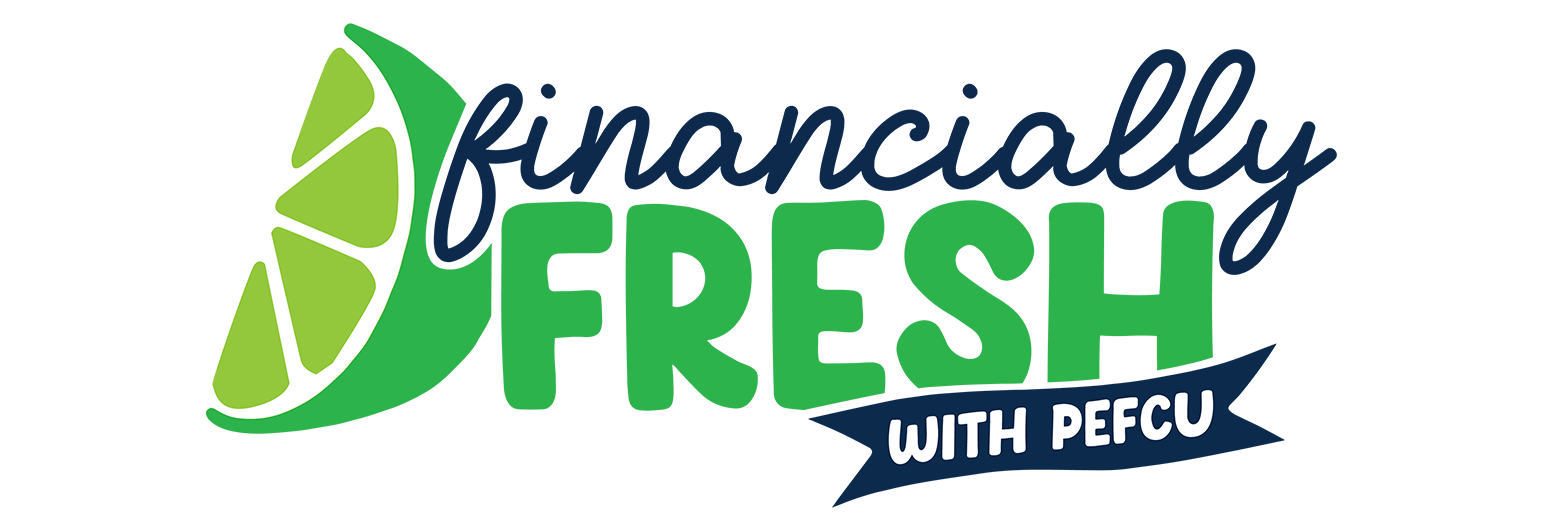September 26, 2022Avoid Student Loan Forgiveness Scams
If you or your children have student loans, you’re probably excited about August 24, 2022 the announcement of the new student loan debt forgiveness plan. The U.S. Department of Education (DOE) plans to announce details within the next few weeks on how borrowers can claim their share of the student loan debt relief.
Meanwhile, student loan borrowers aren’t sure exactly what to do next to receive the relief —and scammers will be rising to the occasion, according to the Better Business Bureau (BBB). The BBB recommends the following tips for avoiding student loan forgiveness scams:
- Don’t act before knowing the relief program terms.
If you have student loan debt, you’re probably eager to knock off up to $10,000 or $20,000 of your student loan balance as soon as possible. But don’t let impatience lead you to a scammer promising to help you receive student loan debt cancellation before you get details from the DOE. Do your research so you can fully understand your loan terms and details about the new student loan forgiveness program as they emerge. That way, you can more easily spot a student loan scam when you see it.
- Never pay anyone promising student loan forgiveness.
The new student loan cancellation program is free to borrowers. So, if a person or company claiming to be affiliated with the government program asks for money to help you get your loans forgiven faster, don’t buy into those empty promises. The BBB warns that a real government agency would not ask for an advanced processing fee. These are all red flags of a scam.
- Ignore out-of-the-blue messages.
You may receive emails from the DOE about your loans, but only if you gave the U.S. Department of Education permission to receive email correspondence about your student loans. However, if you receive text messages, emails or phone messages out of the blue, they’re not from the government agency. The BBB says the government agency would only contact you if you’ve granted permission.
- Beware of phony “look-alike” websites.
Just because a website looks official to the untrained eye doesn’t mean it’s trustworthy. Scammers often create fake websites that look like the real government agency’s site. Then they lure victims to bogus sites promising student loan cancellation, phony grants, or other fake programs. A legitimate government website always has a domain name ending in “.gov.”
- Contact the government agency directly.
If you receive suspicious correspondence about grant offers, faster student loan forgiveness, or other messages that raise a red flag, don’t reply. Instead, if you are intrigued by the message, contact the government agency named in the offer (not the number or email listed in the message) to inquire whether the message is legitimate or a scam. For more financial education information, visit your KOFE Portal!
Each individual’s financial situation is unique, and readers are encouraged to contact PEFCU when seeking financial advice on the products and services discussed. This article is for educational purposes only; It does not constitute legal advice. If such advice or a legal opinion is required, please consult with competent local counsel.


